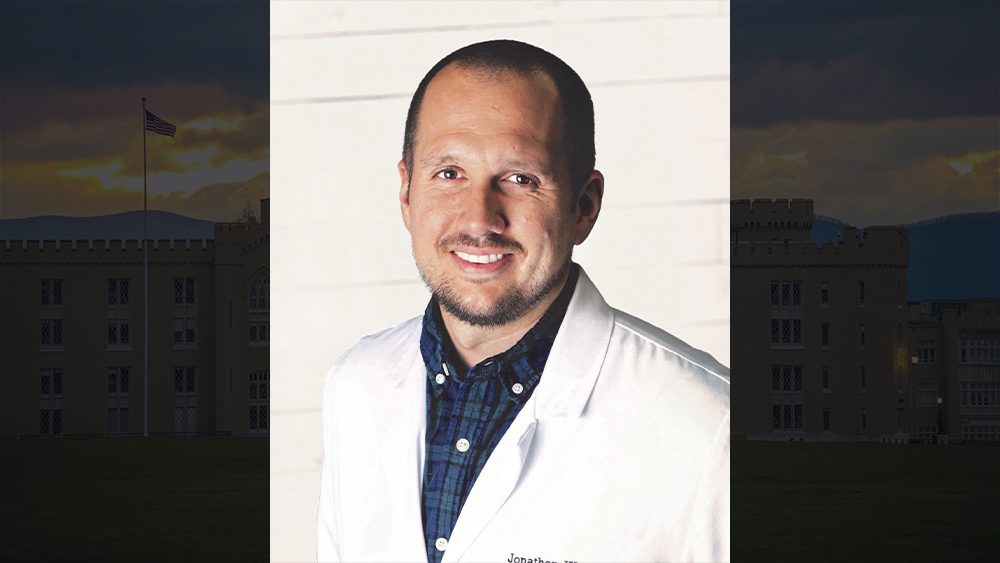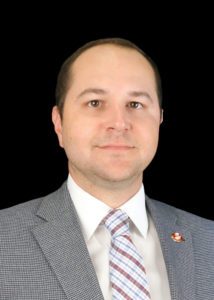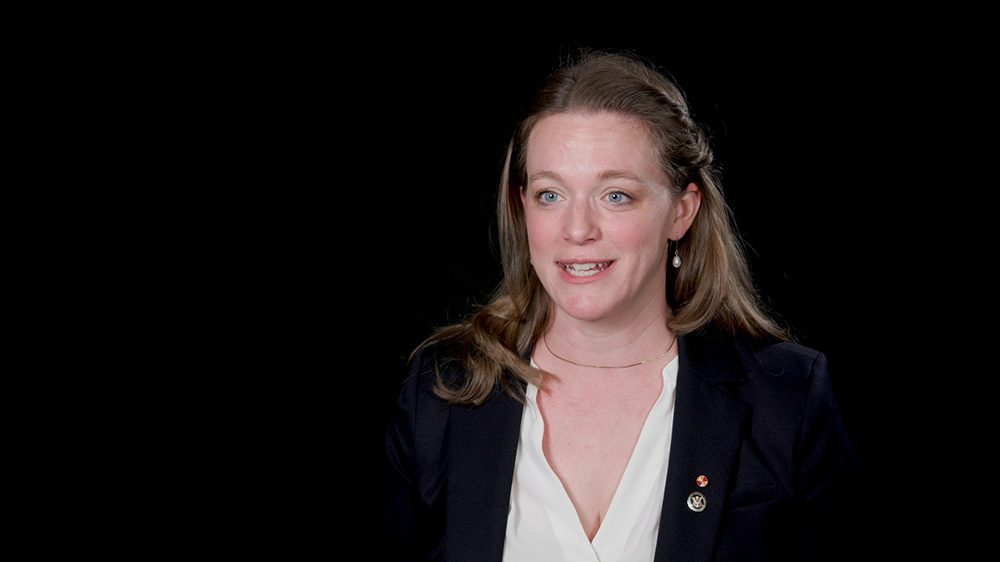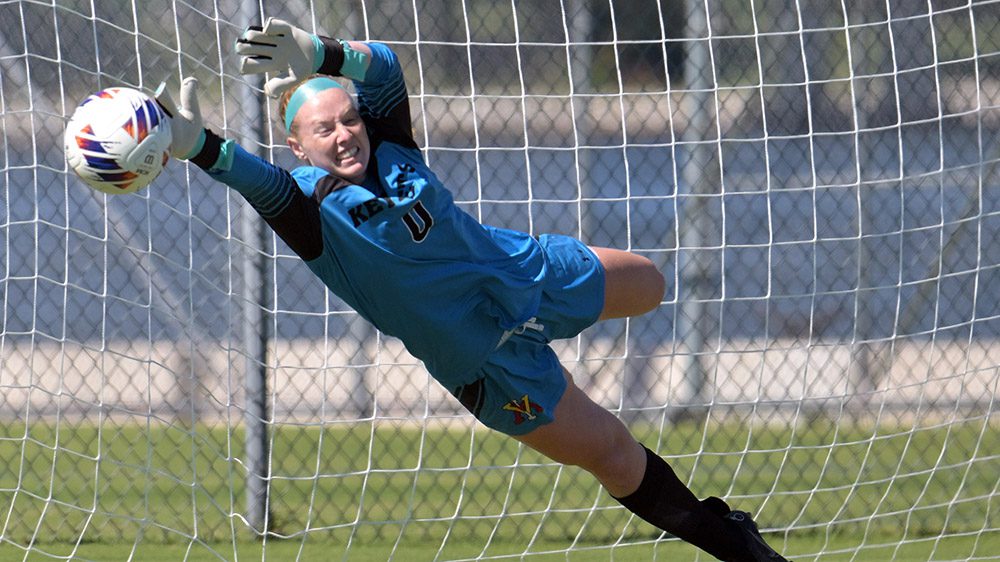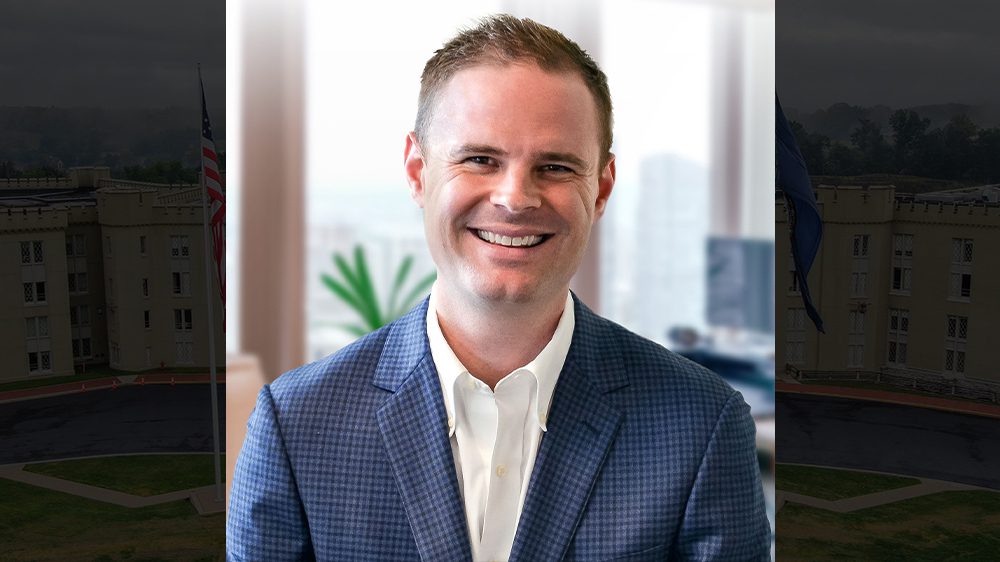Wade’s decision paid off, and he was admitted to medical school. “I owe a lot to everyone in the biology department. Particularly, Colonel James Turner [’65] guided me through a summer research project, and Colonel Wade Bell did a lot to get me ready for applying for medical school, including preparing me for interviews.”
When he arrived at medical school, he had no doubts he was ready academically. “More important, though, my VMI experience gave me a strong work ethic, the ability to focus on what needs to be done, and the confidence that if I buckled down and focused, I could do anything.”
As to his medical career, Wade eschewed specializing and pursued family medicine. He liked the fact that family medicine would let him “practice medicine across its full breadth and take care of patients from cradle to grave. It would afford me the opportunity to work in hospitals, emergency rooms, standard medical offices, and hospices, and I could not do that if I had specialized in, say, orthopedics.”
And he has stayed true to that commitment to the point of adopting an approach to medicine known as direct primary care and, in 2018, co-founded a health care business called direct DOC in Nashville, Georgia.
Under the DPC model, patients pay direct DOC a flat, recurring monthly fee, which Wade likens to a membership in a gym. That fee guarantees patients full access to the practice’s services anytime and anywhere. The practice doesn’t ask for copayments or bill insurance companies, as the membership fee covers all costs.
Describing what he finds most attractive about DPC, Wade said, “I became a physician in order to make peoples’ lives better by improving their health. The best way to do that is to establish close doctor-patient relationships in order to promote wellness, and you can’t do that properly if insurance companies act as middlemen.”
While he approaches medicine like an old-fashioned family “doc,” Wade embraces technology. “Patients have 24/7 access by telephone, FaceTime, and email. In fact, more than 70% of our ‘visits’ are conducted using telemedicine.” For Wade that means that he can give any in-office patients the time and attention they deserve.
Wade’s practice has grown steadily. Now, businesses can provide memberships to their employees which generates considerable savings. In fact, one company is saving more than $500,000 a year. Wade points to the addition of a counselor to handle mental health issues and establishment of an on-site pharmacy that he says “offers drugs at prices lower than Walmart” as an illustration of DPC’s benefits. “Patients get first-rate service and exceptional medical care, and they end up keeping more money in their pockets.”
As he looked at the direct DOC’s success, he often thought of what had helped him achieve it. “I kept thinking how thankful I was for what VMI had done for me. And, really, not just me, but so many other alumni I know. VMI prepares you for success because it instills self-discipline and confidence and gives you the ability and the willingness to grab opportunities.”
So, Wade decided to make a commitment to VMI, the majority of which he dedicated to establishing the Jonathan Wade ’05 Baseball Scholarship. “The baseball program was a family to me while I was a cadet, and I wanted to pay that back a bit. More important than that, I wanted to give a young man the chance to play baseball at the Division I level for VMI.”
As to what he hopes a scholarship recipient will do with that chance, he said, “I hope he enjoys the camaraderie of a team, forms lasting friendships, makes a lot of cool memories, and develops poise, a strong work ethic, and self-discipline. I also hope he seizes every academic and leadership opportunity he finds. In short, I want him to make the most of his years at VMI because, if he does, he’ll give himself an excellent start in life.”
